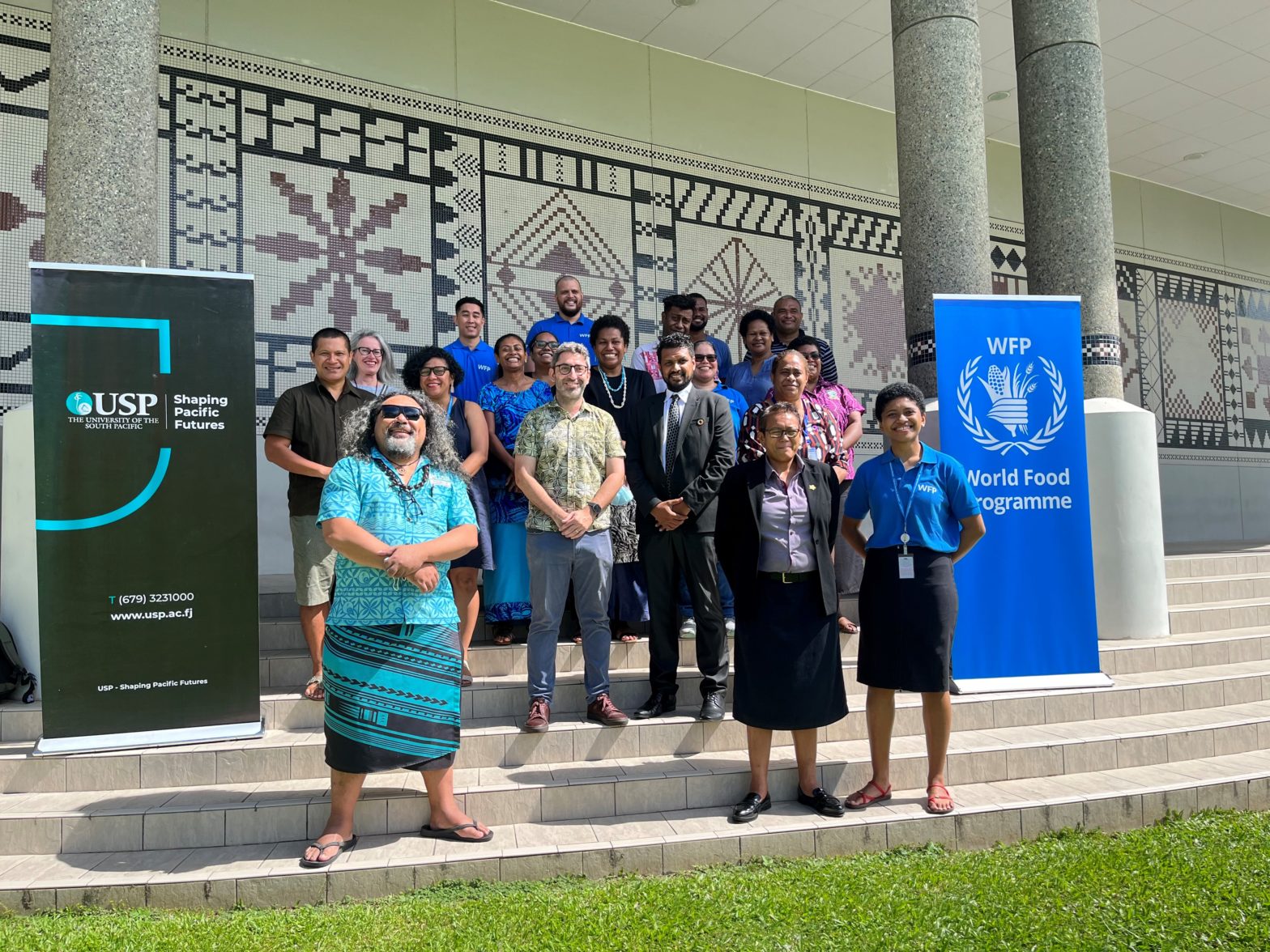LRD’s Centre for Pacific Crops and Trees to ensure the natural and agricultural heritage of Pacific people is preserved for long-term
SPC’s Land Resources Division (LRD) is persistently looking towards the future to ensure Pacific peoples natural and agricultural heritage is preserved.
The first 75 years of SPC’s existence marked greater understanding of the value of Pacific crop and tree species. LRD’s Centre for Pacific Crops and Trees (CePaCT) is working to ensure the next 75 are marked by efficient long-term conservation of a broad range of genetic diversity of these vital resources. Since 1998, CePaCT has served as the Pacific’s main regional genebank. CEPACT’s work germinates from seed to mature crop and tree, helping to build a thriving seed and crop/tree system in the region that contributes to food and nutrition security and sustainable livelihoods.
Plant genetic resources are at the root of sustainable development through enabling more productive and environmentally sound agriculture and forestry. In the Pacific, these resources are disappearing, with industrial crop varieties rapidly replacing local ones cultivated by farmers for generations and traditional crops being abandoned. Growing pest and disease outbreaks, as well as increasing threats from climate change, also add insecurity to the region’s food and biodiversity future.
CePaCT is working to address this trend by starting at the crop and tree genetic base, using field, seed and tissue culture methodologies for the conservation of its crop and tree collections. Cryopreservation capacities are currently being established as well to further support the long-term health of ‘hard-to-conserve’ crop and tree species such as coconuts.
CePaCT makes its crop and tree collections accessible to users in the Pacific and globally. The Centre currently distributes tissue culture plantlets, seeds, DNA and leaf samples and is developing an online database that will facilitate future germplasm requests.
CePaCT has established a health testing unit and carries out research on plant-pathogen diagnostics. It is also leading towards the future by developing the capacity for DNA fingerprinting and is currently genotyping staple Pacific crops such as sweet potato, taro, breadfruit and coconut.
This vital work is expanding on a yearly basis as collecting and distributing seeds, crops and trees remains a cornerstone of the region’s agricultural future. When COVID-19 swarmed across the Pacific in 2020, CePaCT was ready and managed to conserve 2,237 accessions of 17 different crops during the year. CePaCT also sprung into action in response to the recent devastating Tonga volcano eruption, working with LRD partner programme Seeds4Life to deliver 1.4 tonnes of vegetable seeds within two weeks of the event.
Though the work to understand the value of this natural and agriculture heritage continues, the next 75 years will be exemplified by the challenge to conserve and sustainably utilise it. The Land Resources Division and CePaCT are building that conservation and utilization sustainability from seed to fruit.
This story was written by Jamie Kemsey, originally published at SPC on 04 April 2022, reposted via PACNEWS.



